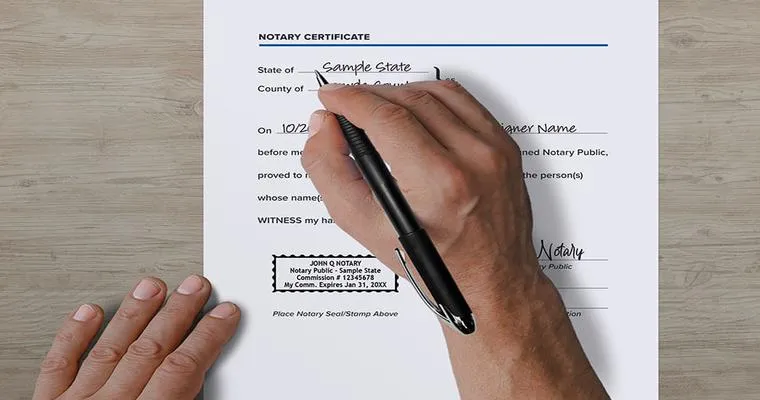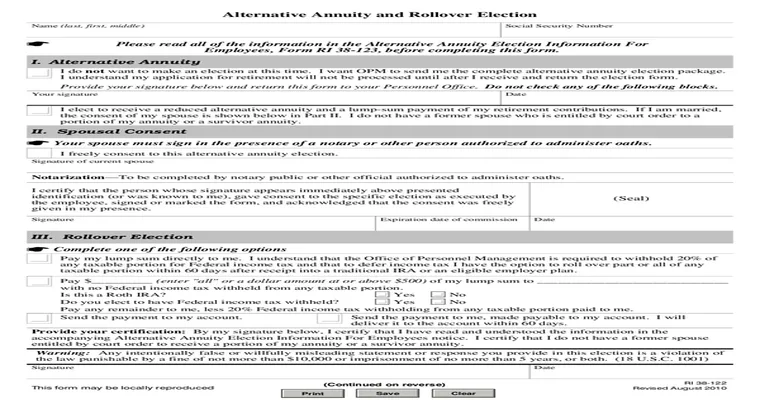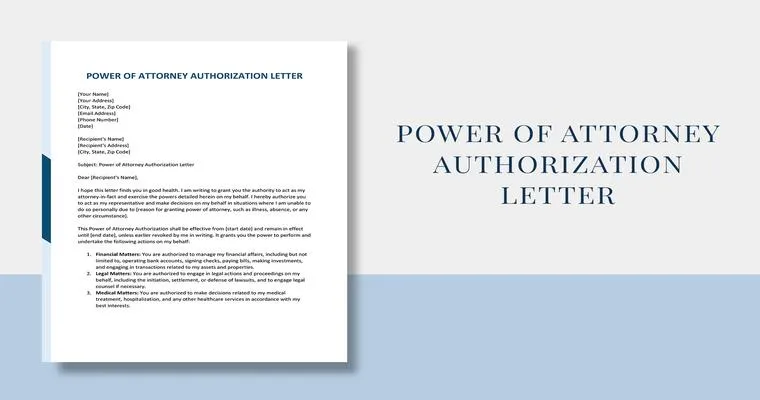When both "family members" are incapacitated and share the same "checking account", it can create significant challenges, especially when it comes to managing finances and paying bills. If "Power of Attorney (POA)" designations are in place but access to the account is denied, families can face a frustrating situation. Understanding why this happens and how to navigate it is crucial for maintaining financial stability during difficult times.
First, let’s explore why POAs may not have access to the joint checking account when both account holders are incapacitated. The primary reason is that, in many banks, joint accounts require the consent of both parties for transactions. If both parties are deemed incapacitated, the bank may not allow either POA to access the funds. This can lead to a standstill in managing household expenses, including essential bills like utilities and mortgage payments.
To resolve this issue, there are several steps you can take to access the funds needed to pay bills. Here are some effective strategies:
1. "Contact the Bank": Start by reaching out to the bank where the checking account is held. Explain the situation and provide any necessary documentation, including the POA documents. Some banks may have specific procedures in place for such circumstances.
2. "Provide Documentation": Ensure that you have all the required legal documents ready, including the POA forms and any medical documentation proving incapacitation. This paperwork can help establish the legitimacy of the POA's authority.
3. "Seek Legal Advice": If the bank still denies access, consider consulting with an attorney who specializes in elder law or estate planning. They can provide guidance on how to proceed, which may include petitioning the court for access to the account.
4. "Explore Alternative Accounts": If immediate access to the joint checking account is not possible, consider whether there are other accounts in the name of the incapacitated individuals that can be accessed. This could include savings accounts or other joint accounts that may have different access rules.
5. "Court Intervention": As a last resort, if all else fails, you may need to file a petition with the court to gain access to the funds. This process can be time-consuming and requires legal expertise, but it may be necessary to ensure bills are paid.
6. "Use Bill Payment Services": If you have access to any other financial resources, consider utilizing online bill payment services. Many utility companies and creditors allow payments through their websites, which can be a temporary solution while you navigate the access issues.
In conclusion, having both family members incapacitated while sharing a checking account can complicate financial management, especially when POAs are unable to access funds. By understanding the reasons behind the access denial and exploring various solutions, families can find a way to ensure that bills are paid on time. Always keep communication open with the bank and seek legal assistance when necessary to protect the financial well-being of your loved ones.





